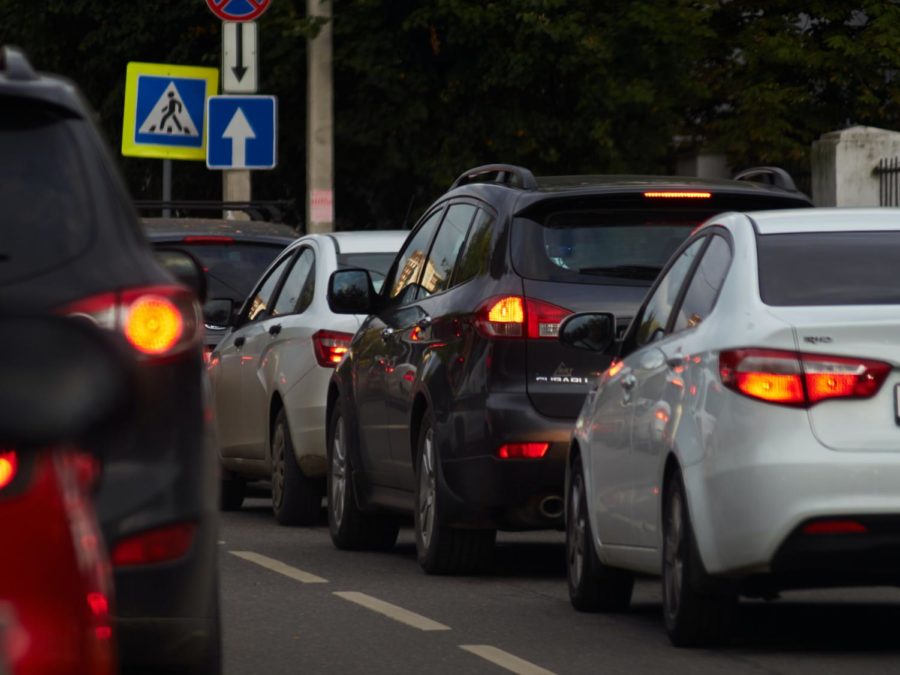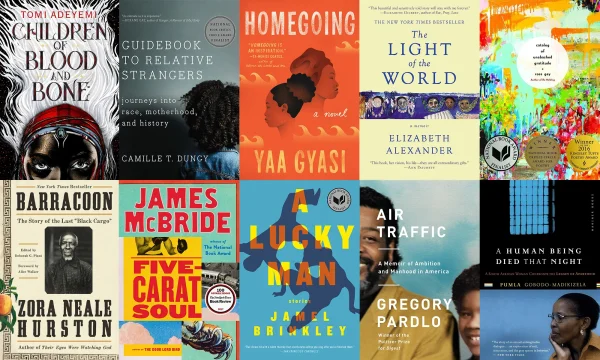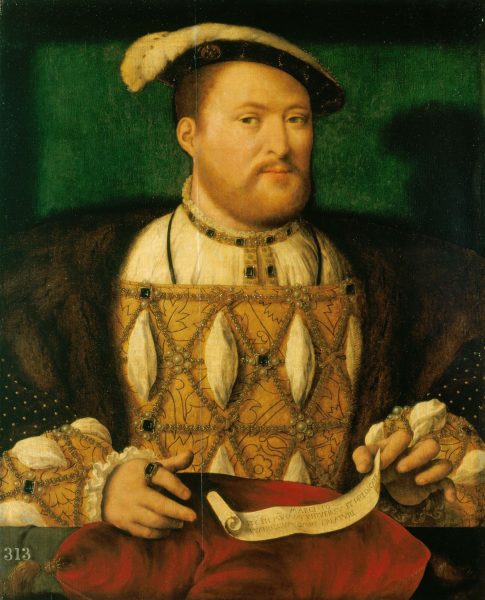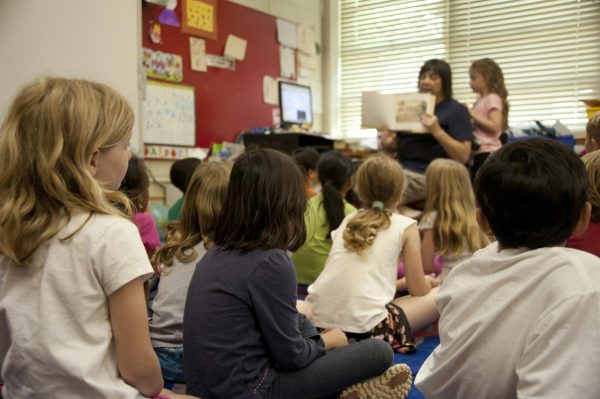The Prisoner’s Dilemma: Why you shouldn’t turn left out of the student parking lot
There’s a famous problem in game theory (the field of math that studies games) called the Prisoner’s Dilemma. Here’s the original description of the game:
Two members of a criminal organization are arrested and imprisoned. Each prisoner is in solitary confinement with no means of communicating with the other. The prosecutors lack sufficient evidence to convict the pair on the principal charge, but they have enough to convict both on a lesser charge. Simultaneously, the prosecutors offer each prisoner a bargain. Each prisoner is given the opportunity either to betray the other by testifying that the other committed the crime, or to cooperate with the other by remaining silent. The possible outcomes are:
If A and B each betray the other, each of them serves two years in prison.
If A betrays B but B remains silent, A will be set free and B will serve three years in prison.
If A remains silent but B betrays A, A will serve three years in prison and B will be set free.
If A and B both remain silent, both of them will serve only one year in prison (on the lesser charge).
This problem has been widely discussed, analyzed, and applied to different situations. Let’s apply it to the student parking lot. Instead of staying silent or betraying the other prisoner, our options here are turning right or left out of the parking lot. Turning right might be a little less good for you personally if you have to take a slightly longer route home, but turning left requires that you wait for a break in traffic and thus holds up everyone behind you. So, simplified and exaggerated a little bit, here’s our situation:
If everyone turns right out of the parking lot, it’s best for everyone.
If everyone turns left out of the parking lot, it’s worse for everyone.
If everyone else is turning right and you turn left, it’s good for you and worse for everyone else.
As with the original prisoner’s dilemma problem, the ideal outcome is that everyone chooses to stay silent (turn right), which gets everyone out of the parking lot fastest. However, the ideal selfish outcome for each individual person is to betray the other (turn left), which gets you out faster but slows down everyone else. Effectively, what happens every afternoon in the parking lot is a whole line of cars deciding to betray each other, meaning that everyone is stuck in the parking lot for longer.
(Yes, I know that there are some people for whom turning right is actually the better choice for getting home, and I’m simplifying the situation a bit in various other ways. Sorry. Just stick with me.)
It’s really, really tempting to go ahead and turn left out of the parking lot, despite all the instructions against it. After all, it’s better for you personally; who cares about the people you’re holding up while you wait for the perfect gap in traffic? But it makes the situation worse for everyone else in general. In the prisoner’s dilemma, when both criminals betray each other, they are both in prison for longer than if they had just cooperated with each other.
Now, obviously, we are not in a real prisoner’s dilemma situation. We are not locked in prison cells with no chance of talking to each other, we can see what the cars ahead of us are doing, and we will not be sentenced to three years in prison if other people turn left instead of right. But the vague concept remains.
It is a better situation for everyone if we simply turn right out of the parking lot. Thank you.









Sarah Johnson • May 31, 2022 at 9:28 am
Personally, I think It takes just as long to turn right most of the time. Most of the traffic-stopping people from going out of the parking comes from Kellogg’s direction and rarely comes from the direction of South Woods. So everyone waiting in the parking lot is waiting for the parents who have just picked up their kids heading in the South direction. For an experienced driver left turns are just as easy as right turns and it is easy to do them quickly and efficiently out of the lot due to most of the heavy traffic coming from the Kellog direction. I think your article is a very interesting interpretation of the issue. I think the best solution would actually be to put a stop sign for the parents heading South.
asha • Nov 2, 2022 at 9:52 pm
based